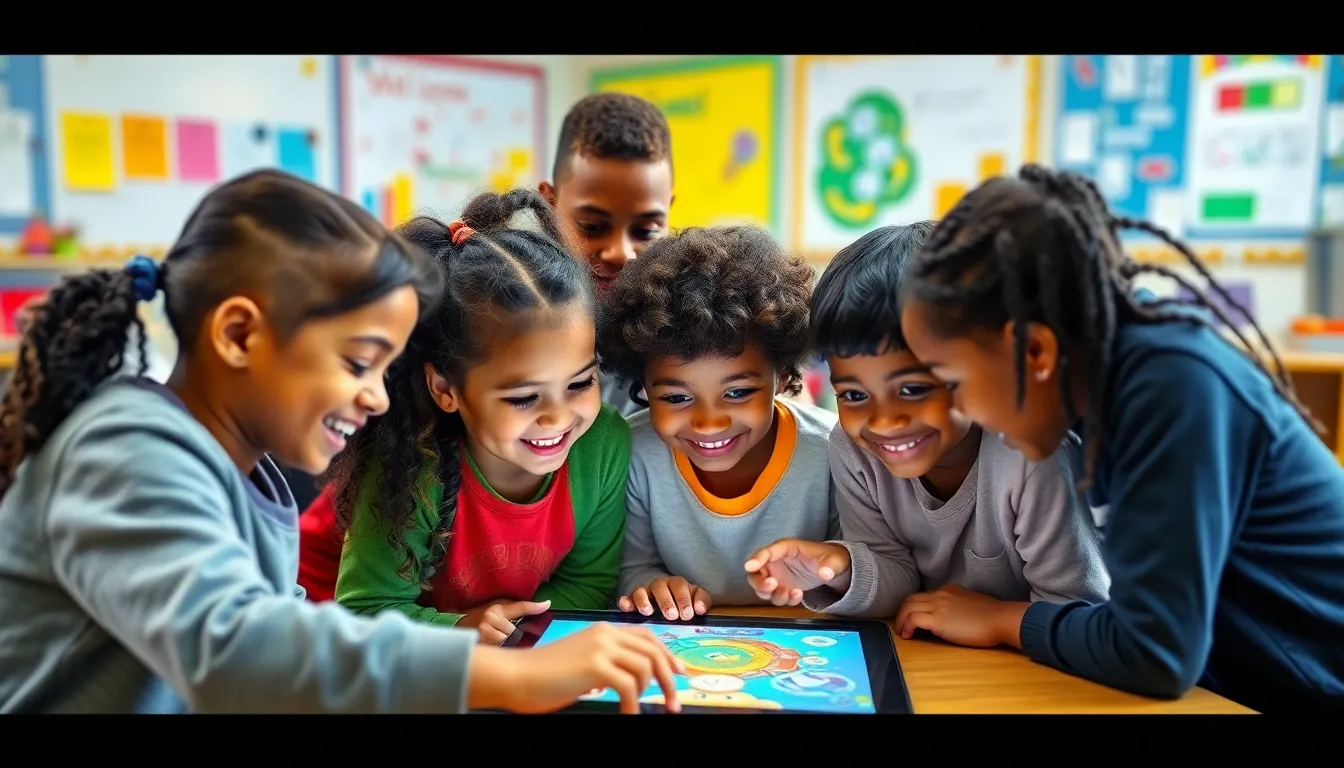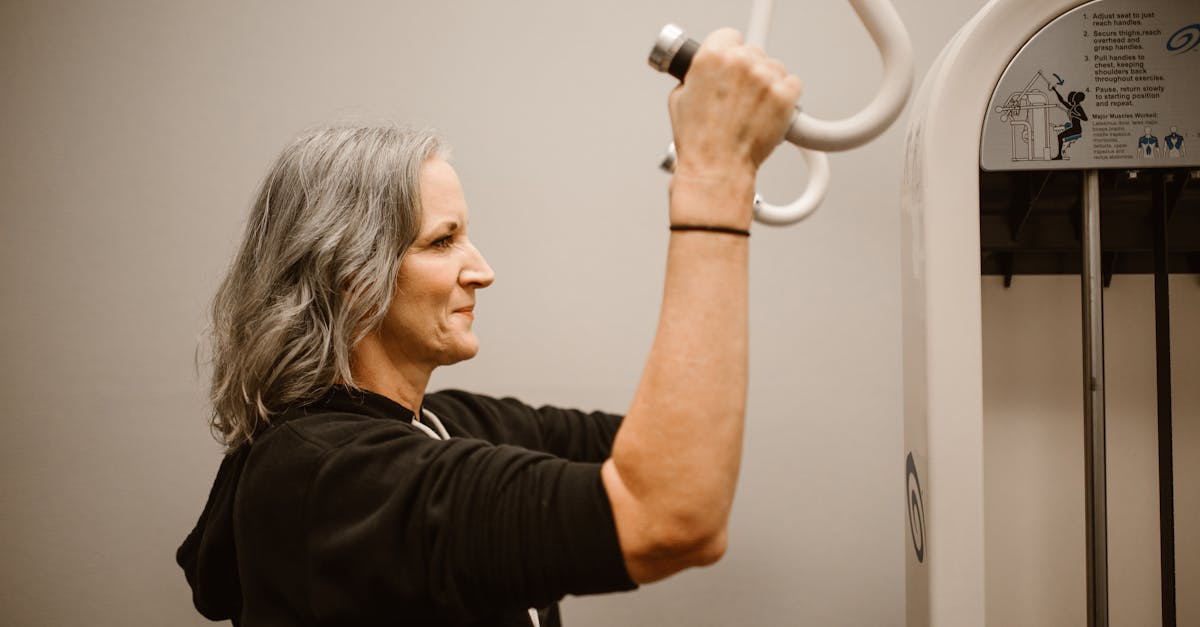Table of Contents
ToggleIn the wild world of parenting, some take to the skies like helicopter pilots, hovering over their kids with an intensity that would make any air traffic controller sweat. While this might seem like a noble endeavor, the impact on their marriage can be more turbulent than a stormy flight. It’s not just the kids who might feel the weight of those rotors; the couple’s relationship often bears the brunt of the constant hovering.
Picture this: a marriage where one partner is so focused on micromanaging the children that they forget to nurture the romance. The dinner dates turn into family meetings, and spontaneous adventures become scheduled playdates. As the couple navigates this parenting style, they might find themselves in a tailspin, questioning if they’re co-pilots in a shared journey or simply passengers in a one-sided flight. Buckle up as we explore the effects of helicopter parenting on marital bliss.
Understanding Helicopter Parenting
Helicopter parenting refers to a style where one partner excessively involves themselves in their children’s activities, often impacting the marriage negatively. This parenting approach can disrupt balance and harmony in relationships.
Definition and Characteristics
Helicopter parenting features several distinct characteristics. It includes constant monitoring of children’s activities, making decisions for them, and frequently intervening in their experiences. Parents often prioritize their children’s success over personal relationships. Consequently, this leads to strained communication between partners. Many couples find that the overwhelming focus on their children’s needs creates barriers to romantic intimacy. Emotional distance often increases as one parent takes greater control.
Historical Context
Historical trends show that helicopter parenting emerged in the late 20th century. Societal shifts toward increased competition for educational opportunities spurred this trend. The rise of dual-income families also contributed, as parents felt pressure to ensure their children excelled. Over time, cultural narratives shifted, promoting the idea that active involvement equals effective parenting. This context created expectations that many couples now navigate within their marriages, affecting their connections. As a result, couples may struggle to balance parenting roles with their relationship.
The Impact on Relationships
Helicopter parenting significantly affects marriages by creating barriers to communication and emotional connection. Couples may find themselves caught in a cycle of shared responsibilities that overshadows their romantic relationship.
Communication Breakdown
Frequent discussions often revolve around children, leaving little room for personal matters. Partners may feel neglected as one focuses excessively on parenting duties. Shared decision-making diminishes, replaced by one partner making unilateral choices. This shift often leads to frustration and resentment. Decreased meaningful conversations create misunderstandings, which can escalate conflicts. Ultimately, partners may struggle to engage in open dialogue about their feelings, weakening their bond.
Emotional Distance
Helicopter parenting fosters emotional distance between partners. One partner’s relentless focus on children can come at the cost of intimacy. Over time, couples might experience a lack of connection, feeling more like co-parents than romantic partners. Prioritizing children’s needs often results in reduced quality time spent together. Partners may begin to feel isolated in their experiences, leading to loneliness within the marriage. Reduced emotional support can further alienate couples, threatening the stability of their relationship.
Effects on Marriage Dynamics
Helicopter parenting impacts marriage dynamics in several critical ways. Couples often face role reversal and shifts in responsibility, affecting their overall relationship.
Role Reversal and Responsibility Shifts
One partner frequently assumes the primary role in managing children’s activities, leading to an imbalance of responsibilities. This dynamic causes the other partner to feel sidelined or less relevant, creating resentment. Shared responsibilities transform into unequal burdens, with one parent primarily responsible for child-rearing while the other may disengage. Consequently, these role reversals foster a sense of disconnection in the partnership. Emotional support and collaboration diminish, undermining the foundation of the marriage. Partners should strive for equity in parenting to mitigate these adverse effects.
Intimacy and Connection Issues
Additionally, intimacy and emotional connection suffer due to the overemphasis on parenting. Couples often prioritize discussions about their children, neglecting meaningful conversations about their relationship. Romantic interactions may get overshadowed by family-centric obligations, resulting in a lack of quality time. When partners feel more like co-parents than lovers, emotional distance increases. Couples find it challenging to maintain intimacy, which leads to loneliness and dissatisfaction. Re-establishing emotional connections requires intentional efforts to nurture the romantic aspect of the relationship amidst parenting demands.
Strategies for Addressing Helicopter Parenting
Helicopter parenting causes significant strain on marriages. Couples can implement effective strategies to navigate these challenges.
Open Communication and Setting Boundaries
Establishing open lines of communication fosters understanding between partners. Discuss parenting responsibilities openly and determine what feels equitable. Creating boundaries prevents one partner from dominating decisions about children’s activities. Identifying areas where involvement is essential versus where flexibility is key helps maintain balance. Partners should prioritize regular check-ins, allowing time for personal conversations separate from parenting discussions. Emphasizing emotional needs reinforces the bond and mitigates feelings of neglect. Finding moments for connection strengthens the marriage amidst parenting responsibilities.
Seeking Professional Help
Couples experiencing persistent challenges with helicopter parenting may benefit from professional assistance. Engaging a therapist specializing in family dynamics provides new perspectives. Therapy sessions often allow couples to explore underlying issues contributing to communication breakdowns. Professional guidance can introduce effective conflict resolution strategies tailored to each couple’s situation. Moreover, therapists help partners set realistic expectations regarding their parenting roles. Fostering an environment of support and understanding mitigates feelings of isolation and encourages collaboration. Utilizing such resources cultivates a healthier balance between parenting and marital satisfaction.
Helicopter parenting can significantly impact the dynamics of a marriage. As one partner becomes overly focused on managing children’s lives the relationship often suffers. This shift can lead to emotional distance and a lack of intimacy as couples prioritize parenting over their connection.
To maintain a healthy balance it’s crucial for partners to communicate openly and set boundaries around parenting responsibilities. By nurturing their romantic relationship couples can work together to counter the isolating effects of helicopter parenting. Emphasizing shared experiences and personal conversations can help restore the emotional closeness necessary for a thriving marriage.







